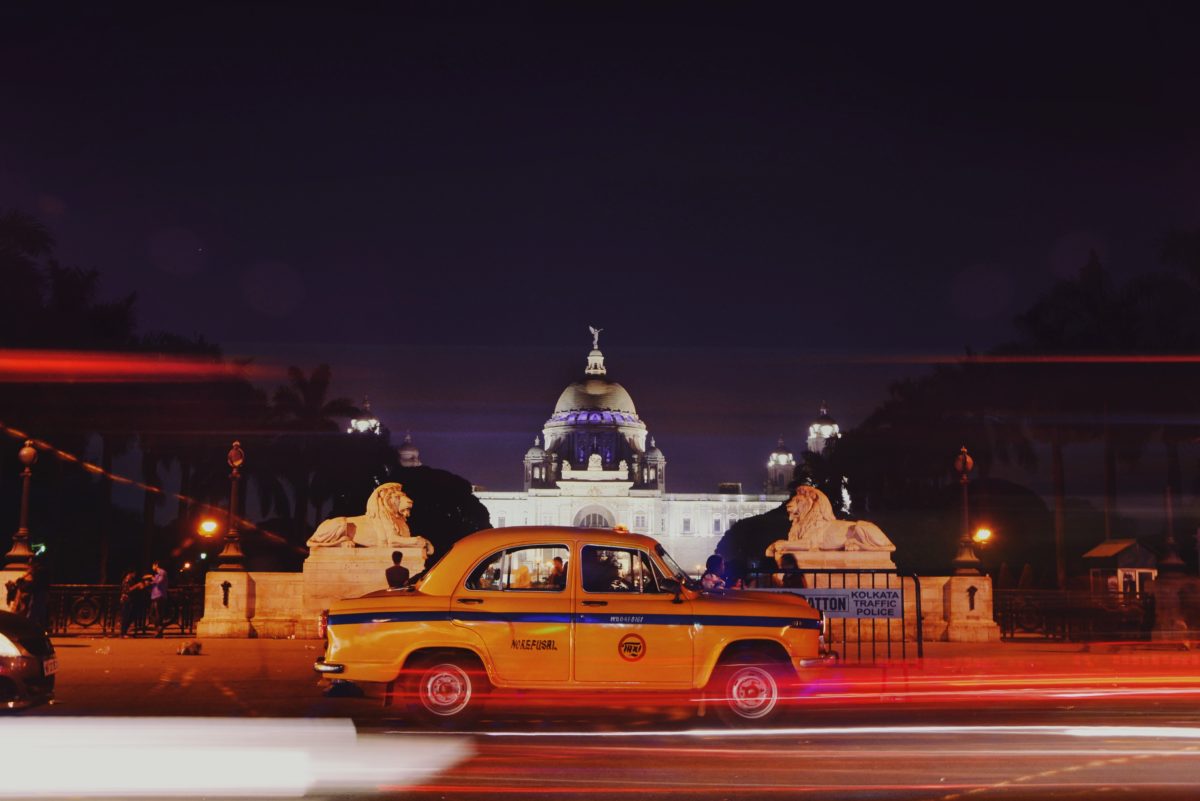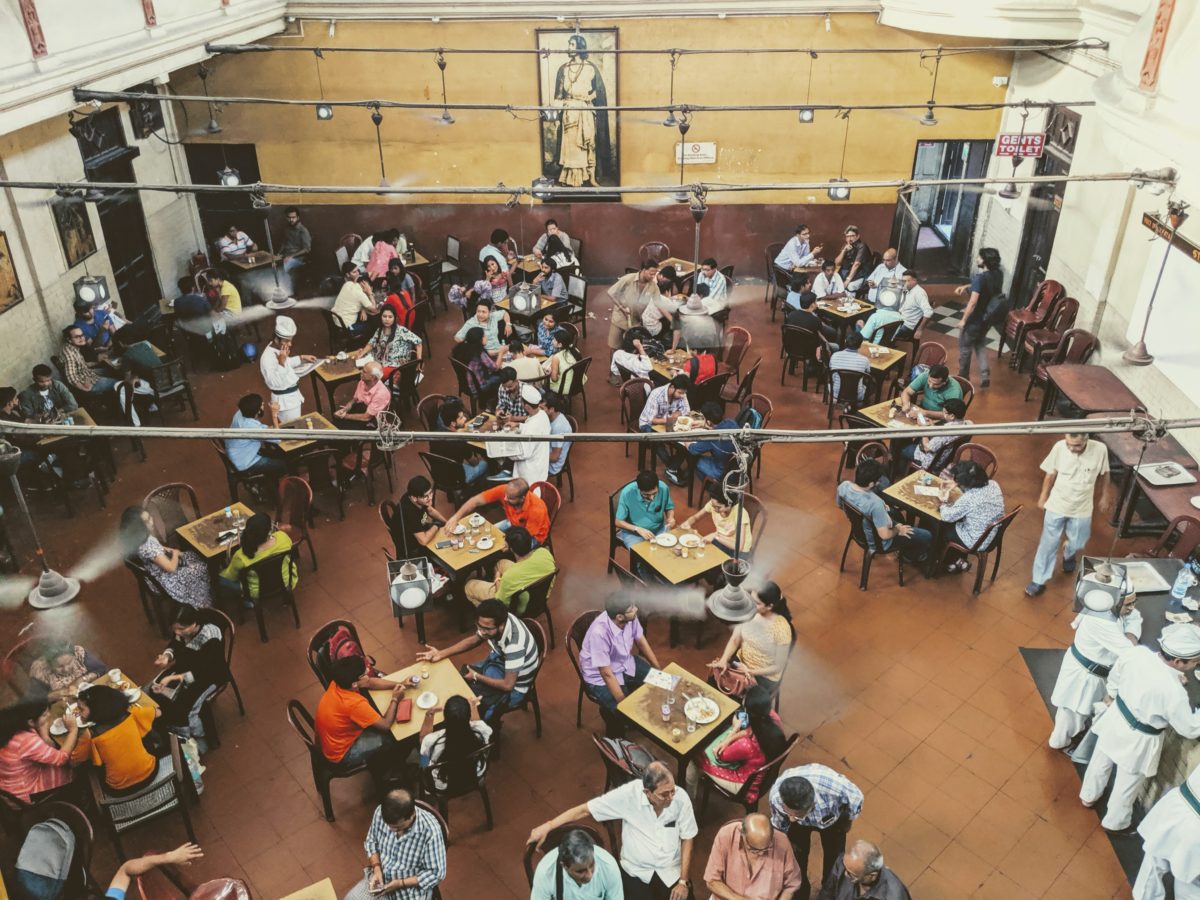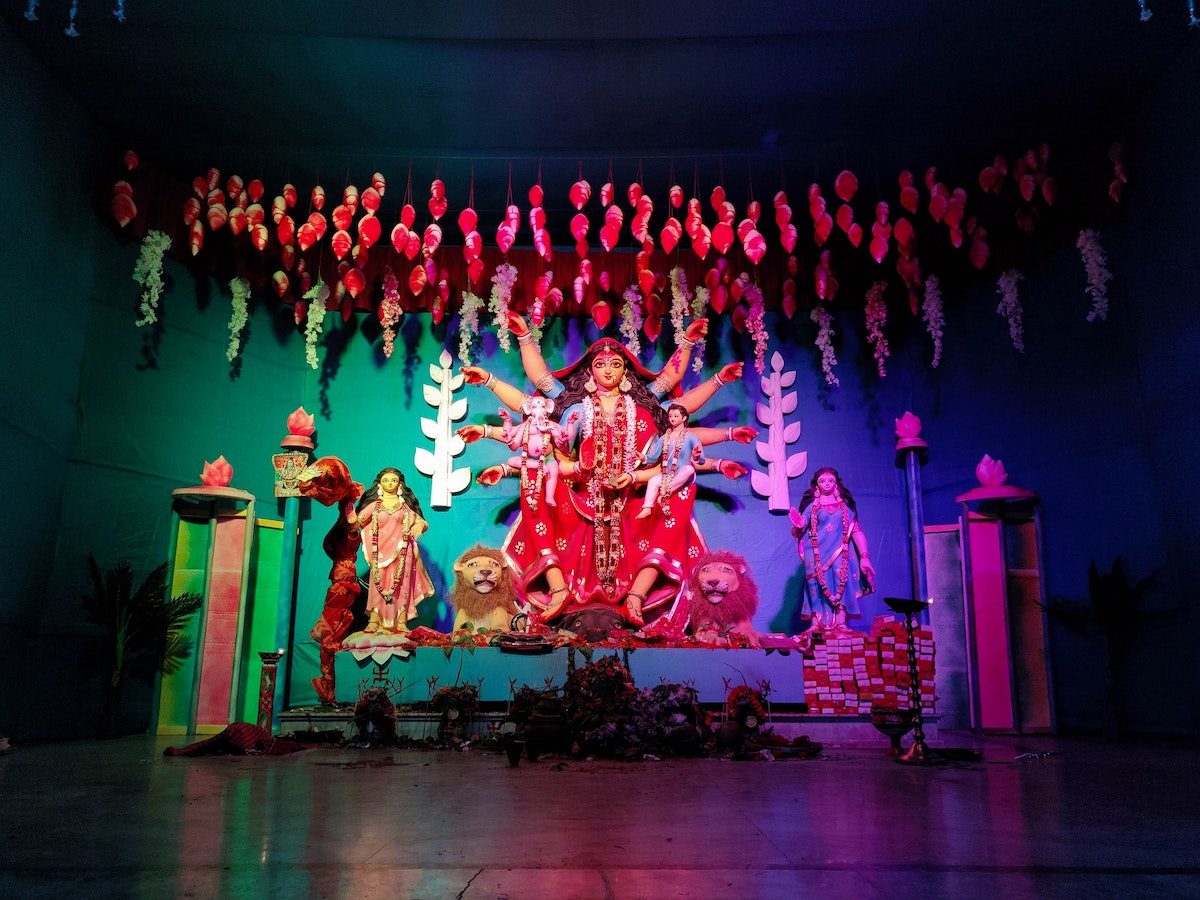Like everyone else, we’re taking a pause from travel to do our part in protecting global health. As the world slows down and we have more time than ever to fantasize about future trips, our travel crushes will seek inspiration in the places we dream of returning to someday. This week, we’re headed to the bustling city of Kolkata, India’s “City of Joy.”
Like the rest of the world’s homebound population, my daily itinerary has been fairly routine: a morning jaunt to the coffee maker, oscillating strolls between my designated workstation and the feasts of nonperishable food in my kitchen six feet away.
As much as I’ve come to appreciate the relative calm and normalcy my life has maintained since the start of this crisis, when it’s time to travel again, I’m looking to overcorrect my current stasis with sensory overload. And for that purpose I have my eyes set on Kolkata, India.
For starters, its nickname is the City of Joy. Widely regarded as the cultural heart of India after its many years as the seat of power during British rule (the country’s capital has since moved to New Delhi), Kolkata is a vibrant city with deep intellectual and artistic roots—as of last year, six Nobel laureates hail from West Bengal’s capital.
During the height of Kolkata’s reign, industries and immigrants flocked to the thriving metropolis, and though it’s been long eclipsed by Mumbai as India’s economic hub, the city’s 4.5MM residents provide elevated and diverse cultural activities on a much more manageable scale.
My dream itinerary involves immersing myself in the city’s growing contemporary art scene, drowning in books on books on books, and lapping up Bengali curry with prawns fetched from the nearby Hooghly River—thank goodness for Richard Stein’s BBC documentary on the mouthwatering cuisine in the meantime.
An Education
Opened in 2009, Experimenter Gallery has become a touchstone of the Asian art market, participating in prestigious art fairs like Frieze London and hosting curatorial symposia that attract prominent creatives from all over the world. The rotating exhibitions at their two gallery spaces offer insight into an art scene often overlooked by Western institutions, and I plan to soak up all they have to teach me.
From there, a trip to College Street Book Market near Presidency University, one of the largest collections of books for sale in the world, is a necessary stop. While I’ve been diligent about ordering new books from my favorite indie bookstores, nothing can replace the experience of browsing the shelves and discovering something you didn’t even know you were looking for. Then, I’d take my found treasures to Indian Coffee House on College Street, where some of the city’s best minds have long congregated for conversation as stimulating as the brews and bites.
Chinese Breakfast, Bengali Cuisine, and Sweets
The most prominent remnant of Kolkata’s immigrant culture is the thriving Chinese dim sum breakfast that’s popular with locals and tourists alike at the Tiretti Bazar. For lunch, a strong street food culture permeates Kolkata, where fish and sinus-stinging mustard oil distinguish the local cuisine along with snacky favorites like phuchka (fried bread stuffed with potatoes, onion, masala, and chutney) or churmur (a sort of deconstructed phuchka). The best street food can be found along Burrabazar, Park Street, and College Street.
Of course, I’m also looking to satisfy my sweet tooth, as my own baking skills have yet to provide a worthy bounty in quarantine. Bengalis are known for their doughy and sugary sweets, like mithai or langcha. I won’t be participating in any post-quarantine diets, if that’s what you had in mind.
Spiritual Stay
While most boutique hotels in the city lean into colonial-era architecture and British-style hospitality (think: afternoon tea), I’m looking forward to staying at a place like Bodhi Tree, which emphasizes Buddhist spirituality and decor. Owned by a Kolkata-native mother-and-son duo, Bodhi Tree is equipped with its own zen garden and a “Monastery of Art” gallery featuring rotating exhibitions of contemporary Bengali art—a perfect stay for travelers looking for cultural immersion.






